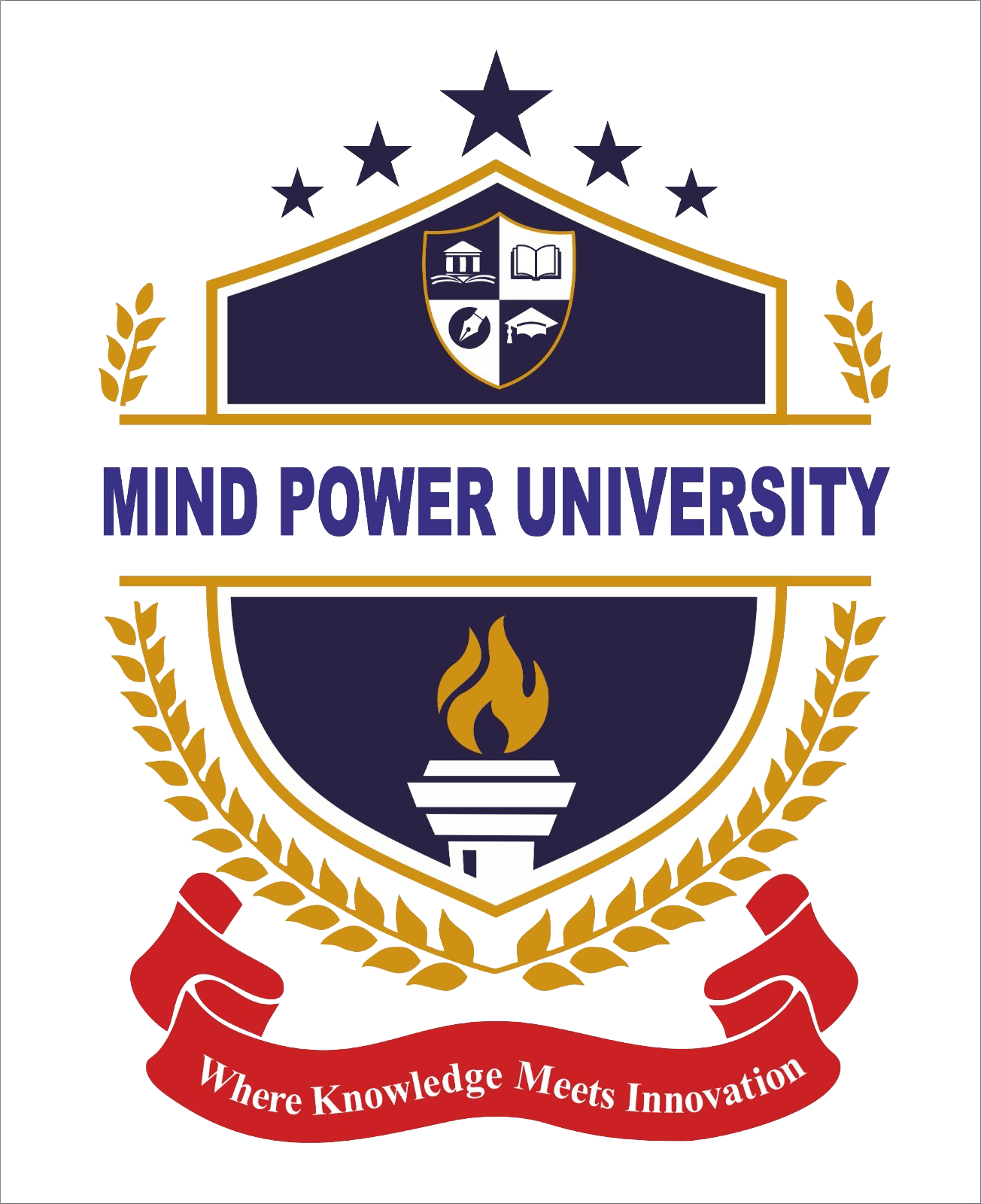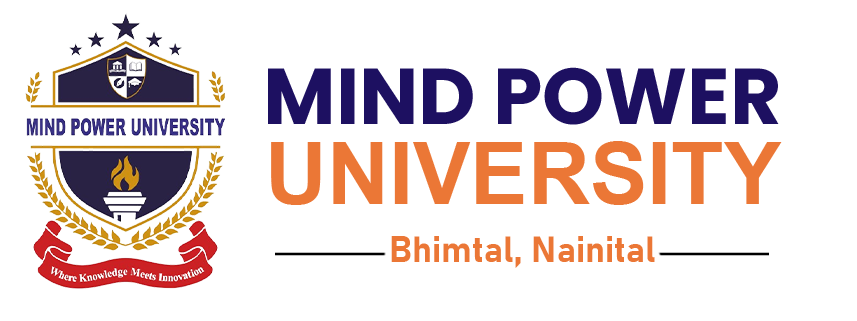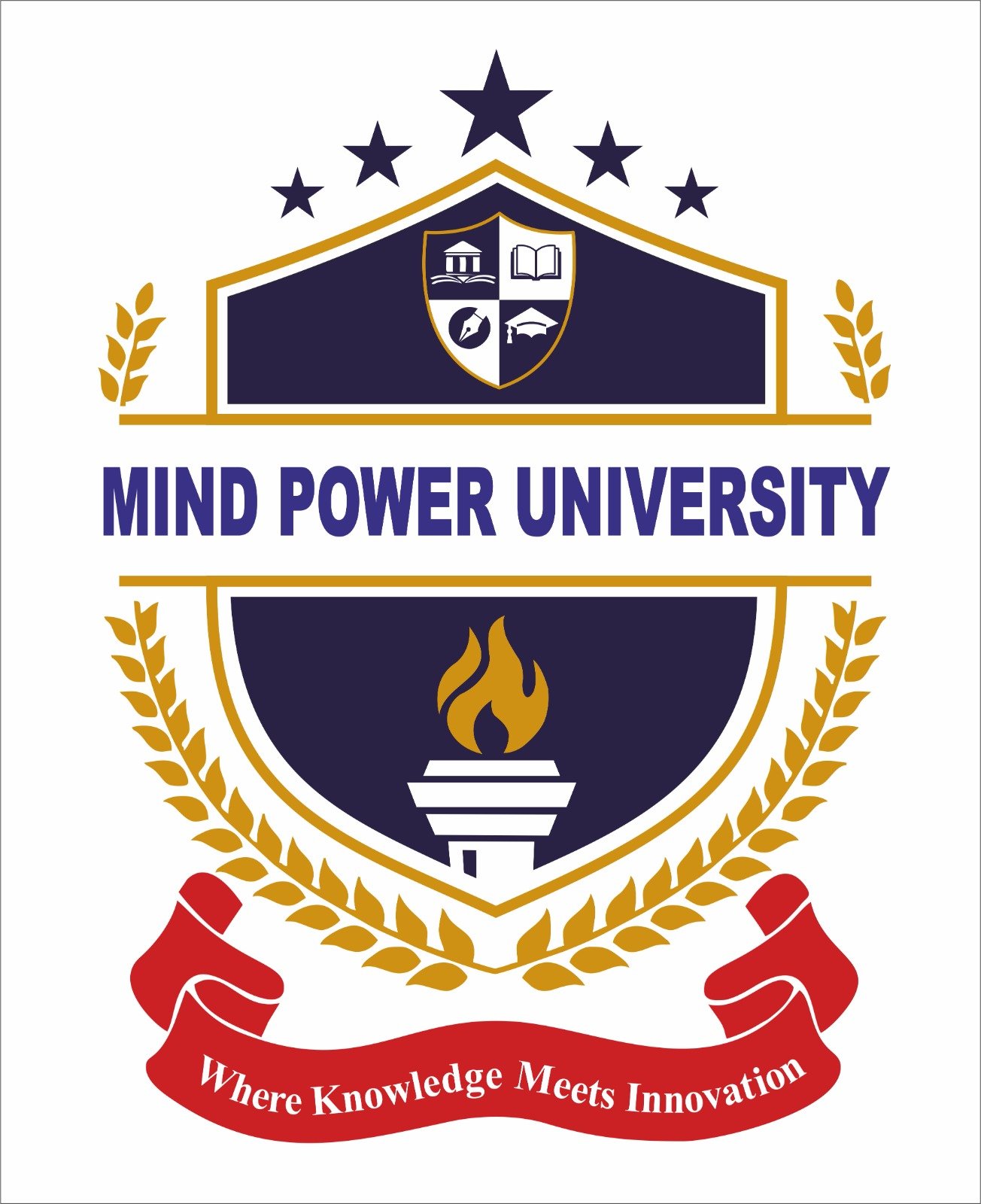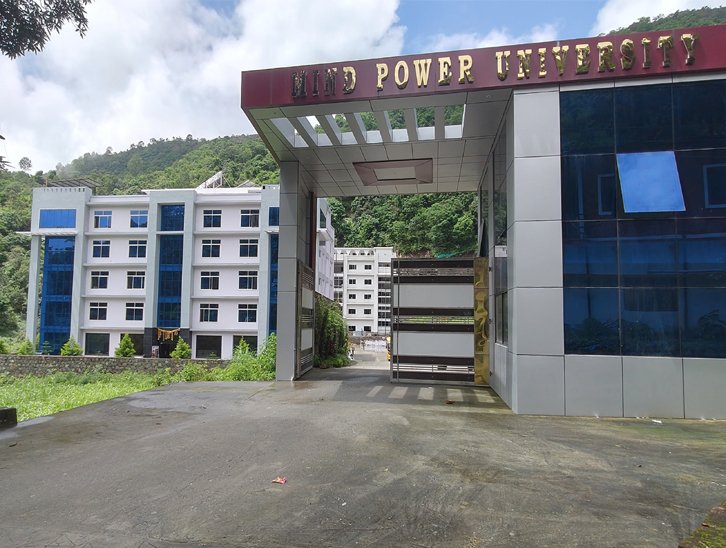 B.Ed in Special Education (Hearing Impairment)
B.Ed in Special Education (Hearing Impairment)
Duration
2 Years
Registration Fee
Contact on :- 8882822265
Exam Fee/ Module
Contact on :- 8882822265
The Bachelor of Education (B.Ed) in Special Education with a focus on Hearing Impairment is an undergraduate degree program designed to prepare educators to work with individuals who are deaf or hard of hearing. It provides specialized training in assessment, intervention, communication methods, assistive technology, and advocacy for individuals with hearing loss. The program emphasizes inclusive practices and prepares graduates to support the diverse learning needs of students with hearing impairments in educational settings.
Key Components of the Curriculum:
- Foundations of Special Education: Students learn about the historical, philosophical, and legal foundations of special education, including relevant legislation, policies, and ethical considerations. They explore the principles of inclusive education and diversity awareness.
- Characteristics of Hearing Impairment: Students study the characteristics and impact of hearing impairment on learning and development across the lifespan. They learn about the medical, social, and educational implications of hearing loss and its effects on communication, language development, and academic achievement.
- Assessment and Evaluation: Students learn how to assess the educational needs and strengths of individuals with hearing impairments using formal and informal assessment measures. They learn to interpret assessment results and develop individualized education plans (IEPs) to address students' unique learning needs.
- Communication Methods and Assistive Technology: Students explore various communication methods and technologies used by individuals with hearing impairments, including sign language, oral communication, auditory-verbal therapy, cochlear implants, hearing aids, and assistive listening devices. They learn how to use assistive technology to support students' communication, access to information, and participation in educational activities.
- Curriculum and Instruction: Students learn how to adapt curriculum materials and instructional strategies to meet the diverse learning needs of students with hearing impairments. They explore strategies for promoting language development, literacy skills, social-emotional development, and academic achievement in inclusive classroom settings.
- Educational Support Services: Students learn about educational support services available to individuals with hearing impairments, including educational audiology, speech-language therapy, occupational therapy, and counseling services. They learn how to collaborate with interdisciplinary teams and community agencies to provide comprehensive support to students and their families.
- Field Practicum/Internship: Students participate in supervised field practicum experiences or internships in educational settings that serve individuals with hearing impairments, such as schools for the deaf, mainstream schools, early intervention programs, or community-based organizations. They gain hands-on experience working with students, families, and educators and apply theoretical knowledge in real-world contexts.
| Eligibility | Graduation (Any Stream) or eq. with minimum 50% or eq. grade. 5% relaxation for APST/ST/SC/OBC/PW Candidates. |
|---|
Contact on :- 8882822265
.jpg)
Graduates of B.Ed programs in Special Education (Hearing Impairment) can pursue various career paths in the field of special education, including:
- Teacher of the Deaf: Work as a teacher of the deaf or hard of hearing in specialized schools for the deaf, mainstream schools, early intervention programs, or inclusive classrooms. Responsibilities may include providing direct instruction, adapting curriculum materials, assessing student progress, and collaborating with educational teams.
- Educational Audiologist: Work as an educational audiologist in schools or educational settings, providing audiological assessments, hearing aid fittings, cochlear implant support, and assistive listening technology services to students with hearing impairments.
Responsibilities may also include providing training and consultation to teachers and educational staff. - Speech-Language Pathologist: Pursue further studies or certification as a speech-language pathologist to work with individuals with communication disorders, including those with hearing impairments. Responsibilities may include assessing communication abilities, providing speech and language therapy, and developing communication strategies.
- Early Intervention Specialist: Work as an early intervention specialist or educator in programs that serve infants and young children with hearing impairments and their families. Responsibilities may include providing developmental screenings, family support services, and parent education on communication strategies and early intervention techniques.
- Educational Consultant: Work as an educational consultant or advocate for individuals with hearing impairments, providing training, resources, and support to educators, families, and community agencies. Responsibilities may include conducting workshops, developing educational materials, and advocating for inclusive practices and accessibility.
Overall, the B.Ed in Special Education (Hearing Impairment) program prepares graduates to make a positive impact in the lives of individuals with hearing impairments and contribute to the advancement of inclusive education and advocacy for individuals with disabilities. Graduates are equipped with the knowledge, skills, and competencies needed to support the diverse learning needs of students with hearing impairments and promote their full participation and inclusion in educational settings.







